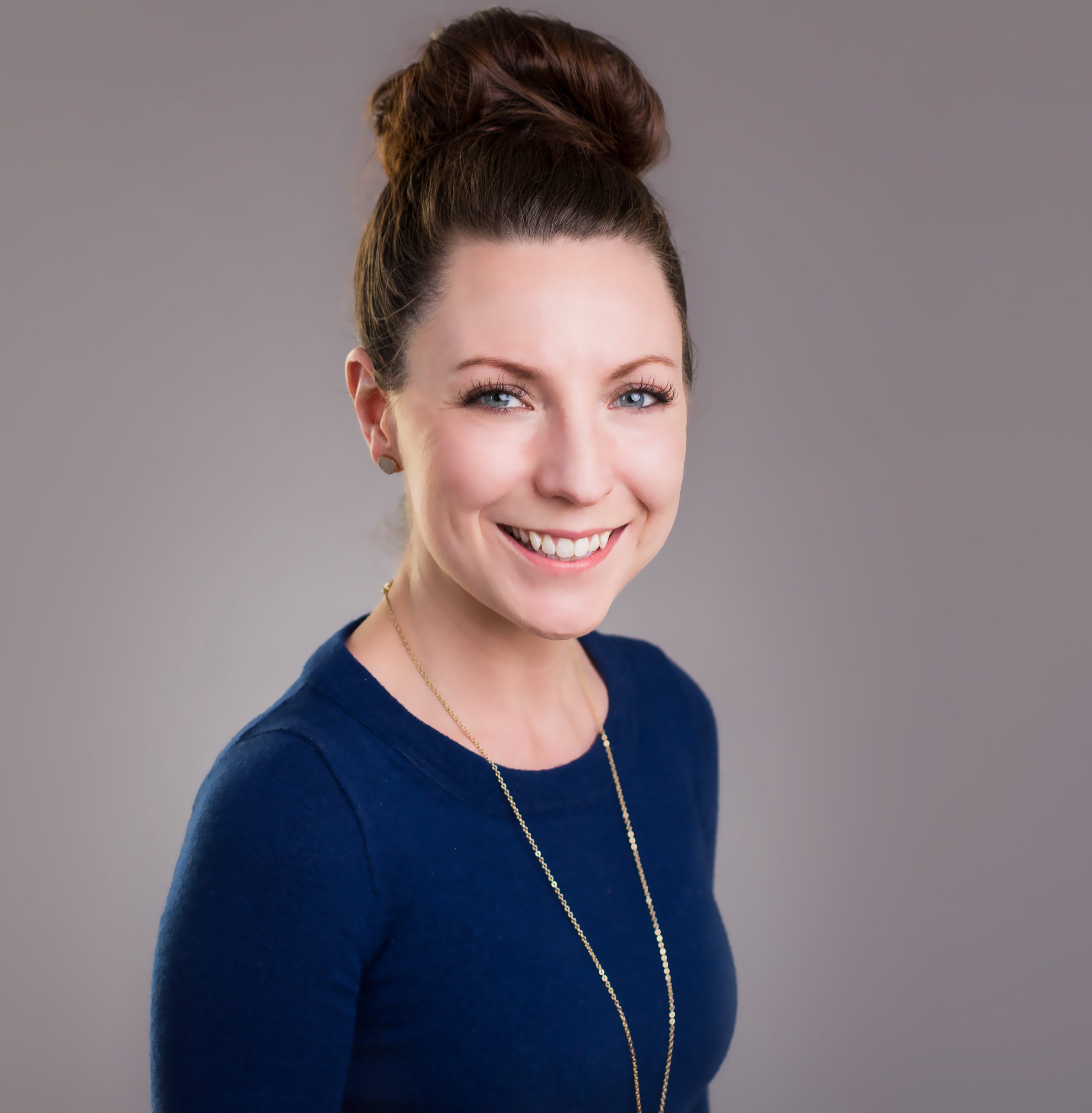All featured products and deals are selected independently and objectively by the author. Better Report may receive a share of sales via affiliate links in content.
These days, most Americans can’t go a day without thinking about the state of the economy. Maybe you’re worried about the stability of your retirement savings or feeling the pinch of rising egg costs at your favorite diner. Or perhaps you’re just scratching your head over next year’s vacation budget since hotel prices seem to change faster than the weather.
Many money experts will tell you that finances involve much more than a weekly grocery budget. Personal finance is, well, personal. So whether your ultimate goal is to shake free of debt or ensure your retirement savings will last as long as you, there’s never a better time to create a solid financial plan that’s personal to you and your goals.
Ready to get started? Check out these eight books that will teach you how to get smart with money.
Prices are accurate as of January 6, 2026. Subject to change.

Get Good with Money by Tiffany Aliche
Tiffany “The Budgetnista” Aliche wasn’t always good with money. A former preschool teacher, she hit financial rock bottom after losing her job in 2009, at the tail-end of the Great Recession. Now, Aliche is a blockbuster personal finance educator, and in this book, she offers an accessible, actionable 10-step process to building wealth. It’s not a get-rich-quick scheme. Instead, it’s an incredibly clear road map of small actions that will take you to your long-term money goals. From detailed advice to getting on top of your credit score to figuring out whether you need life and disability insurance, this personal finance book is as practical as they come.
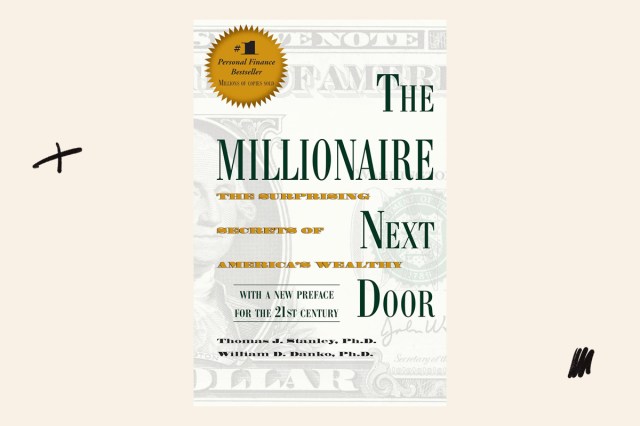
The Millionaire Next Door by Thomas J. Stanley
Why do some people get rich and others stay financially stagnant, even when they earned the same degrees at the same schools? In Thomas J. Stanley’s bestselling book, which was first published in 1998, he sought to pin down seven traits shared by ordinary people who accumulate impressive wealth. The result is a fascinating, data-backed look at how most millionaires get rich little by little, day by day, rather than by winning the lottery or getting their big break. Despite a few outdated statistics, The Millionaire Next Door remains a cornerstone of personal finance. It’s insightful and inspiring, and it might just help you hone the habits to become the next millionaire next door.
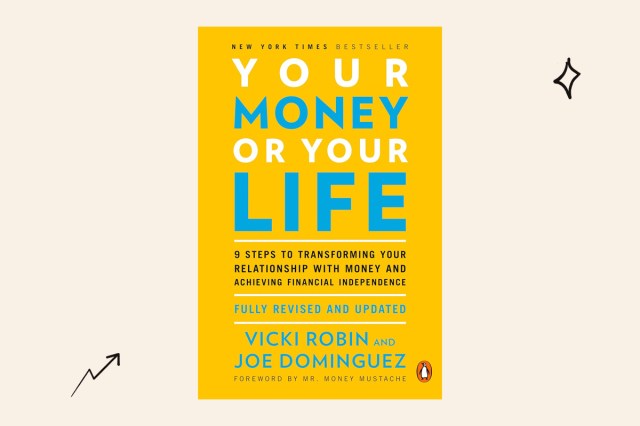
Your Money or Your Life by Vicki Robin and Joe Dominguez
Meet the book that inspired the FIRE (financial independence, retire early) movement. First published in 1992, the motivational speaker-like writing style might inspire an eye-roll or two, but success stories from people who changed their lives after reading it prove that the nine-step process works. Your Money or Your Life asks readers to consider what they value in life, how money fits their purpose, and how much they need to be happy. At its core, this book is about defining what kind of life you want and then taking the personal finance steps to create it. The goal isn’t necessarily wealth but financial independence.
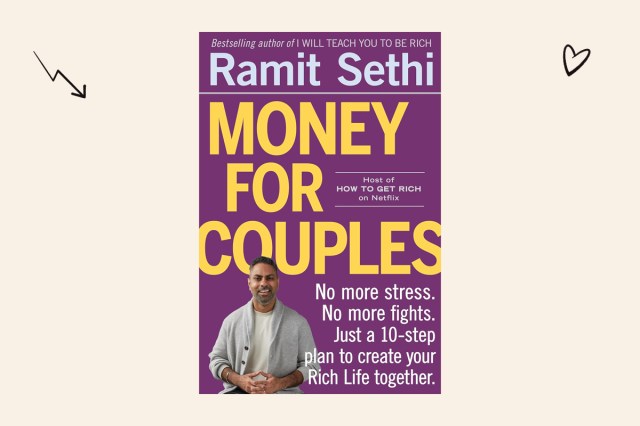
Money for Couples by Ramit Sethi
Ramit Sethi is the best-selling author of I Will Teach You to Be Rich, host of the Netflix show How to Get Rich, and host of Money for Couples, a podcast in which he sits down with a new couple each week to talk through money issues like how to split the check when you make different salaries, when to combine bank accounts, and how to come up with shared savings goals when you have opposing dreams. His latest book intersperses financial advice with real-world stories to present an inclusive, entertaining, actionable personal finance bible for couples of all walks of life.
Reader Favorites
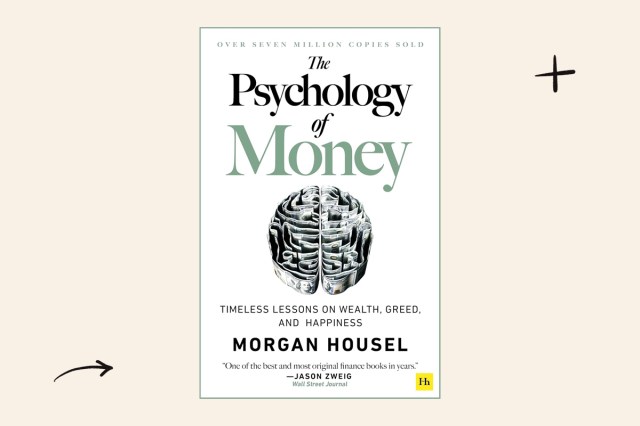
The Psychology of Money by Morgan Housel
Money is more than a numbers game. At least, that’s what Morgan Housel says. In The Psychology of Money, he proves that real-world finances aren’t as simple as finding the magic formula. In fact, money talk is often highly emotional and fraught with invisible expectations, ego trips, and even moral codes. Through 19 stories, the book explores how different people think about money — and how understanding your money psychology can help you make better decisions moving forward.
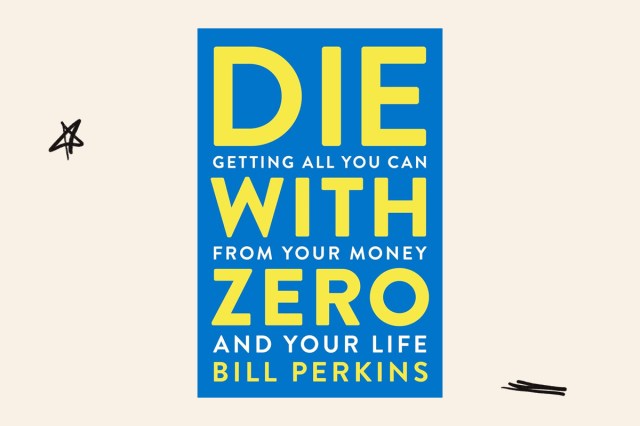
Die with Zero by Bill Perkins
First, a quote from Mr. Carson from the popular TV series Downton Abbey: “The business of life is the acquisition of memories. In the end, that’s all there is.” That about sums up Die with Zero, the personal finance book turning the status quo on its head: What if the point of money is to help you live your best life now rather than amass wealth you might never enjoy later? It’s not for everyone — and it’s essential to make sure you’re taking steps to plan for retirement rather than living like there’s no tomorrow — but Bill Perkins’ take on money is provocative and, for many, inspiring.

The Only Investment Guide You’ll Ever Need by Andrew Tobias
Saving your pennies will only get you so far. Investing is a tried-and-true way to build wealth, but it can be intimidating to get started. This book offers clear, logical steps to analyze stocks and other investments and confidently put your money into the market. Like the other books on this list, this guide is not a get-rich-quick scheme. It’s full of sound investment advice for building a nest egg through good and bad economic times.
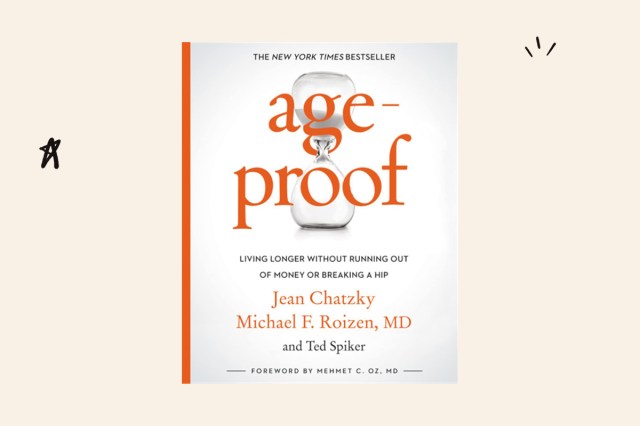
AgeProof by Jean Chatzky, Dr. Michael F. Roizen, and Ted Spiker
AgeProof is a hybrid self-help book that provides a solid plan for financial independence and physical health as you move into or through retirement. It’s packed with great advice for anyone willing to take the steps to improve their finances and their body. Authors Jeans Chatzky (a Today Show financial expert) and Dr. Miachel Roizen (Cleveland Clinic’s chief wellness officer) also explore the connections between health and wealth, and how tending to both can diminish stress so that you can live your best life now and for years to come.
Feature Image Credit: Miljan Živković/ iStock
More From Our Network
Better Report is part of Inbox Studio, an email-first media company. *Indicates a third-party property.











